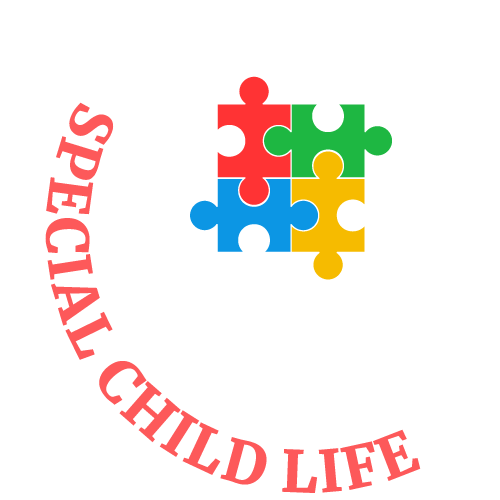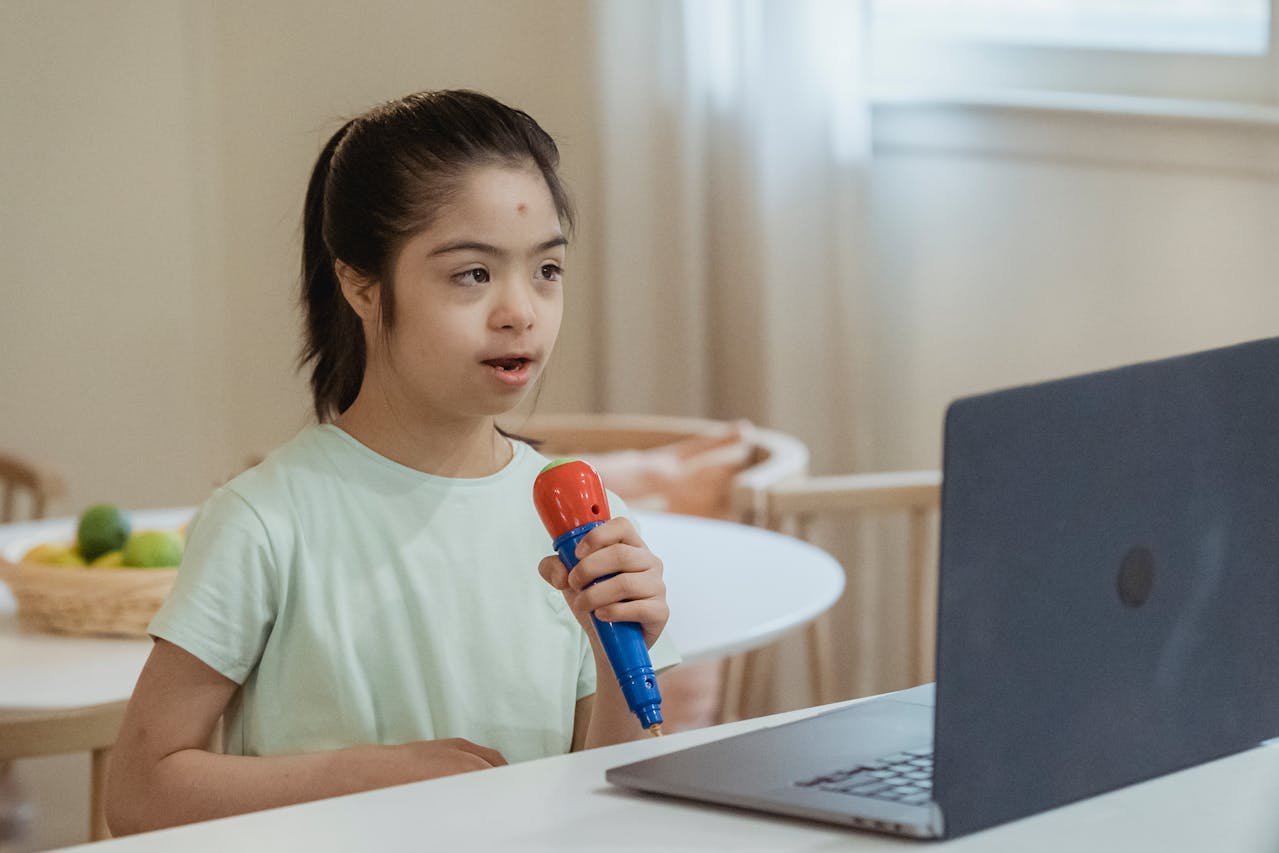If this sounds familiar, your infant would probably have something called Articulation Disorder in Special Children. This is a speech issue that makes it hard for kids, specifically those with precise wishes, to pronounce certain sounds correctly. Have you ever felt sad or involved because your baby struggles to use simple terms effectively? Maybe they say “wabbit” in place of “rabbit” or bypass sounds while speaking. It may be hard for parents to look at their child as frustrated whilst others don’t understand them. It’s not due to the fact that they are lazy or not trying. Their brains and mouths just need greater help getting to know the manner to work together.
With the proper resources and early movement, most children could make huge improvements in their speech. In this guide, you’ll examine what articulation ailment without a doubt is, how to spot the signs early, what causes it in specific kids, and what remedies can help. Whether you are a decision-maker or a caregiver, this text will provide you with the device and self-belief to help your child talk more confidently and feel proud of their voice.
What Is Articulation Disorder in Special Children
Trouble Saying Sounds Clearly
Articulation Disorder in Special Children is a speech issue. It happens at the same time as a little one has a problem announcing positive sounds properly. For instance, they might say “thun” in the vicinity of “solar” or “wed” in place of “crimson.” These errors make it difficult for people to understand them. All children make speech errors while they are learning to speak. That’s normal. But whilst an infant continues making equal errors after a high-quality age, it is able to indicate they have an articulation disease.
Not the Same as Other Speech Problems
Articulation Disorder in Special Children isn’t similar to a language delay or stuttering. Language puts off the technique, the kid has trouble with expertise, or the use of phrases. Stuttering occurs at the same time as the kid repeats elements of terms or gets caught while speaking to me. Articulation is quite a lot about how sounds are made. So, Articulation Disorder in Special Children is privy to what they need to say. They truly can’t make the sounds. Their mind is probably walking wonderfully, but their lips, tongue, or jaw aren’t moving the right way.
How It Feels for the Child
Imagine seeking to share a humorous story; however, no one is acquainted with you. That’s the number of children with articulation ailment experience. They can also get shy. Some stop speaking spherical others. Others feel irritated or sad at the same time as they’re asked to repeat themselves. It’s no longer the most effective speech issue; it can damage their confidence, too.
What Makes a Child “Special” in This Case?
Some youngsters with unique needs are much more likely to have articulation problems. This consists of youngsters with:
These youngsters might, in all likelihood, want more help to learn how to say sounds effectively. They are clever, but their muscle groups or brain pathways want more help to work together.
Why It Matters
Clear speech allows youngsters to make buddies, do well in school, and express their emotions. If a child can’t speak clearly, they will go unnoticed or misunderstood. That’s why it’s crucial to understand articulation disease and get assistance early.
Diagnosis and Evaluation
When and How to Seek Professional Assessment
If you observe your baby often mispronouncing terms or struggling to make certain sounds sincerely, don’t wait too long. It’s ok to have questions or feel unsure; however, the quality thing you could do is speak to a speech-language pathologist (SLP). These are experts who know how to spot and deal with speech troubles in children. You don’t want a physician’s referral in each case; simply call out and ask for an evaluation. Early testing means your toddler can begin getting assistance quicker, which may result in higher results in speech and self-assurance.
Tools and Tests Used by Speech-Language Pathologists (SLPs)
SLPs use simple, infant-friendly tools to test how your infant speaks. They might also:
- Ask your child to name pictures
- Watch how your child moves their mouth
- Listen for specific sound errors
They may also take a look at how your infant is aware and follows instructions. The checks are not frightening or painful; they regularly feel like games or conversations.
Importance of Early Diagnosis
The earlier you find the problem, the better. Younger brains research faster. If Articulation Disorder in Special Children is located early, speech therapy has an extra danger of helping your little one communicate clearly and feel more assured. Waiting too long can make the trouble tougher to heal and may have an effect on your infant’s learning and friendships.

Effective Treatment and Therapy Options
Individualized Speech Therapy Plans
Every baby is one of a kind. An appropriate speech therapist will create a plan that fits your infant’s desires, strengths, and age. This plan devises small, easy desires like pronouncing the “r” sound successfully or enhancing sentence clarity.
Common Articulation Techniques
Therapists may additionally use fun and evidence-based strategies like:
- Phonetic Placement (showing the child where to place their tongue or lips)
- Tactile Cues (using touch to guide the mouth)
- Auditory Modeling (saying the word slowly and clearly so the child can copy it)
These systems assist in teaching the mouth to transport properly.
Use of Visual Aids and Speech Models
Children regularly have a look at higher with images, mirrors, or mouth diagrams. Some therapists use apps or flashcards to expose how the sound is made. Watching their very own face in a mirror additionally permits youngsters to see what they desire to change.
How Often and How Long Therapy Is Usually Required
Most youngsters want weekly or bi-weekly durations, in addition to short day by day workouts at home. Some children improve in a few months; others might also need a year or more. Progress is predicated upon the child’s age, situation, and consistency in exercise. What subject is the maximum that an affected individual can stick to?
Home Strategies to Support Your Child’s Progress
Daily Exercises for Articulation Disorder in Special Children
Short and fun practice at home makes a huge difference. Repeat sounds together, play sound video games, or look at books with consciousness phrases. Just 10–15 minutes a day can help your little one grow stronger in speech.
Games and Apps That Encourage Correct Speech
Many free and paid apps turn speech workouts into fun. Games like “Say It Right” or apps with flashcards and sound drills can help your infant learn while studying.
Positive Reinforcement and Motivation Techniques
Always praise your toddler’s attempt, not simply their efforts. Use rewards like stickers, high-fives, or extra playtime. Encouragement builds their shallowness and makes them want to keep attempting even if it’s tough.
Role of Parents in Home-Based Practice
You are your infant’s biggest cheerleader. Practicing speech collectively indicates to them that it’s important. Keep the mood mild, use video games, and comply with the therapist’s recommendations. Your love and guidance help more than you can understand.
School Support for Articulation Disorder in Special Children
Importance of IEP or Speech Support Plan
If your little one is going to high school, they’ll qualify for an Individualized Education Program (IEP) or speech help plan. This ensures they get precise help for the duration of the college day. It might consist of time with a college SLP or examine room speech, sports activities.
Collaboration between Teachers, Therapists, and Families
Your baby will do first-class while all and sundry work collectively. Teachers can aid speech goals in class. Therapists can help you improve. You can assist with the aid of practicing at home. Communication between the domestic and university builds a robust assist gadget for your infant.
Classroom Accommodations to Enhance Communication
Simple adjustments inside the classroom can assist your little one in communicating and learn better. These might also encompass:
- Extra time to answer questions
- Seating close to the teacher
- One-on-one instructions or speech tools
These small adjustments may help your baby sense heard and understood, which boosts learning and self-esteem.
Final Note
If your infant has a problem saying phrases in reality, don’t neglect it or assume it will go away on its own. As we observed, Articulation Disorder in Special Children is greater than clearly mispronouncing sounds; it may have an impact on how your little one feels, learns, and connects with others. You can also share your story with us.
Understanding what articulation disorder is, spotting the early signs, and distinguishing it from unique speech issues are the primary steps towards assisting your baby. With early support and the right treatment, many kids, especially people with specific dreams, can learn to speak more simply and with confidence. Don’t stay up for the trouble to increase. Talk to a speech therapist, ask questions, and resource your infant at home. Every word they are saying clearly is a small victory well worth celebrating.


